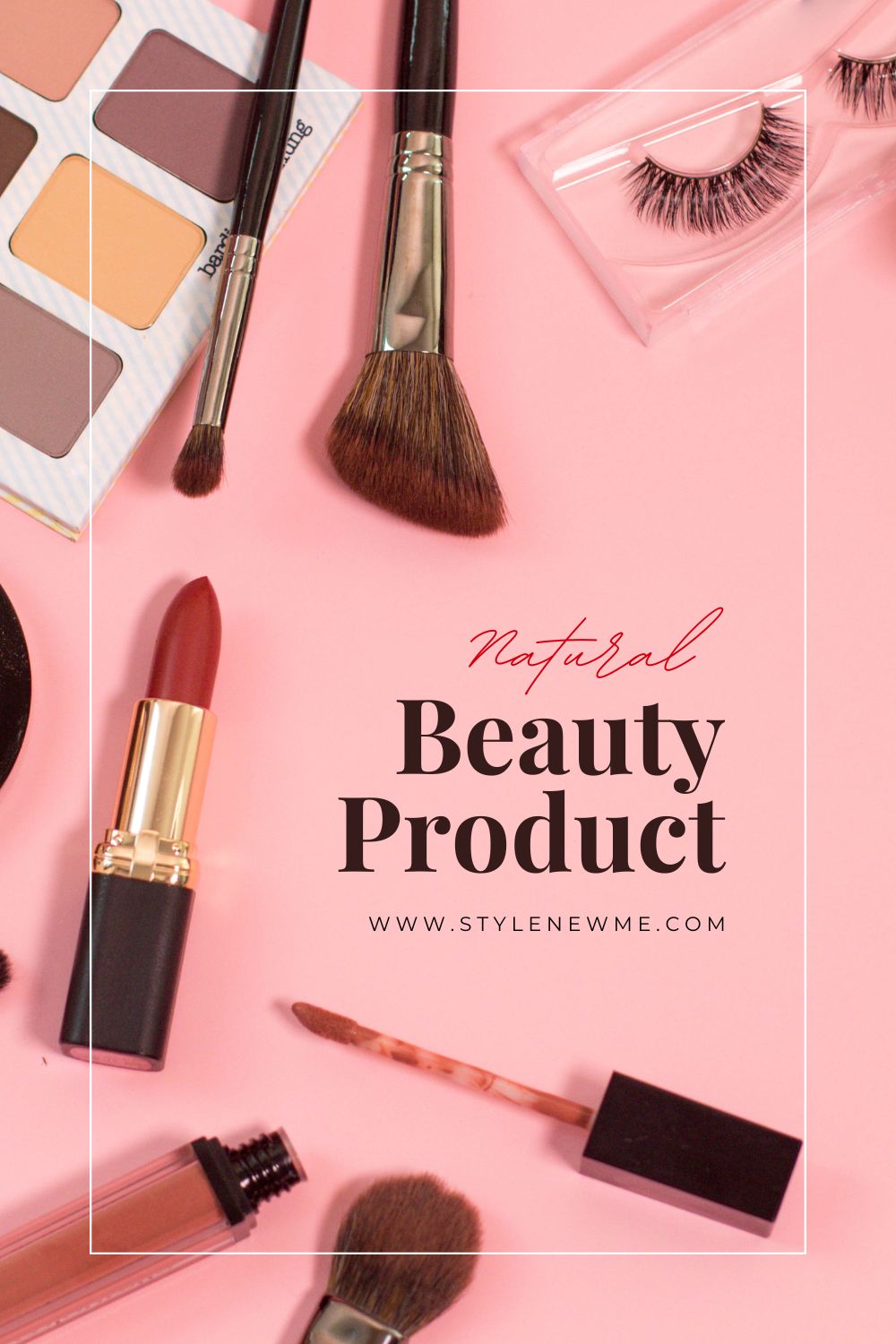Eczema is one of among the most prevalent skin disorders, harming people of every generation. Yet, despite how widespread it is, there are countless misconceptions surrounding acne and its treatment. These myths can lead to frustration, prolonged skin issues, and ineffective treatments. In this article, we’ll debunk five popular myths about acne, giving you the facts you need to treat your skin right.
Myth 1: Acne Only Affects Teenagers
The Truth: Acne Can Affect Anyone at Any Age
One of the most persistent myths about acne is that it’s something you leave behind in your teenage years. While acne is certainly common during adolescence due to hormonal changes, it can also affect adults.
Adult Acne: Many people in their 20s, 30s, and even 40s experience acne flare-ups. In fact, it’s estimated that over 50% of women and about 25% of men will suffer from adult acne at some point. This can be caused by a variety of factors, such as stress, hormonal imbalances (like during pregnancy or menopause), or using the wrong skincare products.
Solution: Adult acne should be treated just like teenage acne, with appropriate cleansers, treatments, and moisturizers. Consider consulting a dermatologist if it’s persistent or severe.
Myth 2: Popping Pimples Helps Them Heal Faster
The Truth: Popping Pimples Can Make It Worse
It can be incredibly tempting to pop a pimple, especially if it’s glaringly obvious on your face. However, doing so can actually worsen the situation. When you pop a pimple, you’re not just pushing out the contents of the clogged pore; you’re also introducing bacteria into the wound and potentially pushing the infection deeper.
What Happens When You Pop: The act of popping can break the skin and leave behind scarring. Not to mention, it could lead to more inflammation, prolonged healing times, and even more pimples in the surrounding area due to the spread of bacteria.
Solution: Instead of popping pimples, try using spot treatments with ingredients like benzoyl peroxide or salicylic acid, which can reduce inflammation and encourage healing. If you feel the urge to pop a pimple, remind yourself that it’s not worth the potential scar!
Myth 3: You Get Acne Because You Don’t Wash Your Face Enough
The Truth: Over-Washing Can Make Acne Worse
There’s a misconception that acne is the result of poor hygiene, and that if you have acne, you’re not washing your face enough. The truth is, acne isn’t just about dirt; it’s a complex skin condition influenced by a mix of factors such as hormones, bacteria, and excess oil production.
Over-Washing: Ironically, washing your face too often or using harsh cleansers can strip the skin of its natural oils, causing your skin to overcompensate by producing even more oil, which can clog pores and lead to breakouts.
Solution: Stick to a gentle skincare routine. Washing your face twice a day—once in the morning and once before bed—is usually enough. Use a mild, acne-friendly cleanser, and follow up with a non-comedogenic moisturizer to keep your skin balanced.
Myth 4: Eating Greasy Foods Causes Acne
The Truth: Diet Does Play a Role, But It’s Not Just Grease
While it’s easy to associate greasy foods like pizza or fries with acne, the link between diet and acne isn’t quite that simple. Greasy foods alone don’t cause acne, but certain dietary habits can play a role in skin health.
Glycemic Index and Dairy: Research has shown that foods high in sugar or with a high glycemic index (like white bread, sugary snacks, and soft drinks) can spike insulin levels, which may trigger hormonal changes leading to acne. Additionally, dairy products, particularly skim milk, have been linked to acne in some individuals.
Solution: If you’re struggling with acne, consider reducing your intake of sugary foods and refined carbohydrates. Focus on eating a balanced diet rich in vegetables, fruits, lean proteins, and healthy fats. Some people may also find that cutting back on dairy helps reduce breakouts.
Myth 5: Sun Exposure Helps Clear Acne
The Truth: Sun Can Cause More Harm Than Good
Many people believe that spending time in the sun can help “dry out” acne, leading to clearer skin. While it’s true that sun exposure can temporarily dry up pimples and give the appearance of improved skin, the long-term effects can be damaging.
The Dangers of UV Exposure: Sun exposure can actually worsen acne over time. UV rays can cause skin damage, which leads to increased inflammation and can result in more breakouts once the skin starts healing. Sun exposure can also darken acne scars and hyperpigmentation, making them more noticeable.
Solution: Always wear sunscreen, even if you have acne-prone skin. Look for non-comedogenic, oil-free sunscreens that won’t clog your pores. This will protect your skin from harmful UV rays without worsening your acne.
Final Thoughts: Know the Facts, Treat Acne Wisely
Acne can be a frustrating and stubborn condition, but with the right knowledge and care, you can manage it effectively.When there comes to skincare, it’s critical to distinguish between the truth and fantasy. Do not let these frequent misconceptions lead you astray.Are you prepared to discover what genuinely works?
Understanding that acne is influenced by a variety of factors—like hormones, diet, stress, and skincare habits—will help you take a balanced approach to your treatment. Be patient, listen to your skin, and don’t hesitate to seek professional advice from a dermatologist if needed. Understand that everyone’s skin type is different, and what benefits someone else might not be successful for the next.
Debunking these myths can be the first step toward healthier, clearer skin.
This article provides a friendly, fact-based approach to busting common acne myths, aimed at helping readers understand their skin better.




